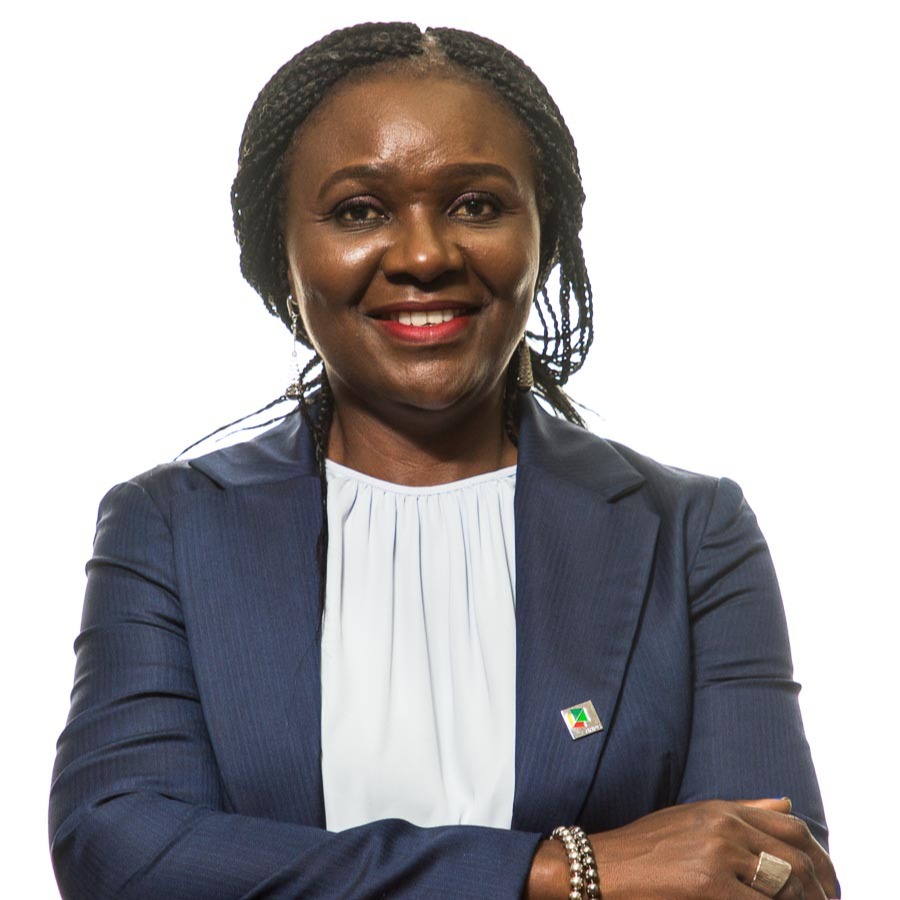Sessions With Oritsemeyiwa Eyesan
Tuesday, 10 March
-
07:30am - 08:40am (CST) / -
Africa's Upstream: Getting the investment?
Upstream Oil & GasCompetition for upstream investment is fierce, and while some African countries have struggled to attract investment others have adopted approaches that have led to new investment and project sanctions. Despite headwinds, the resurgence in African upstream licensing rounds in 2019 promises to extend well into 2020. With an abundance of global opportunities, and as new African plays are gas prone and increasingly in deep water, how will countries remain competitive? How will investors respond? Should investment capital be deployed on existing projects or on new opportunities, if at all? How will countries respond to the energy transition imperative? What will this mean for investment?
- Speakers:
- Daniel Berkove
- Svein Jakob Liknes
- Hon. Eng. Andrew Kamau
- Oritsemeyiwa Eyesan
- José Alexandre Barroso

